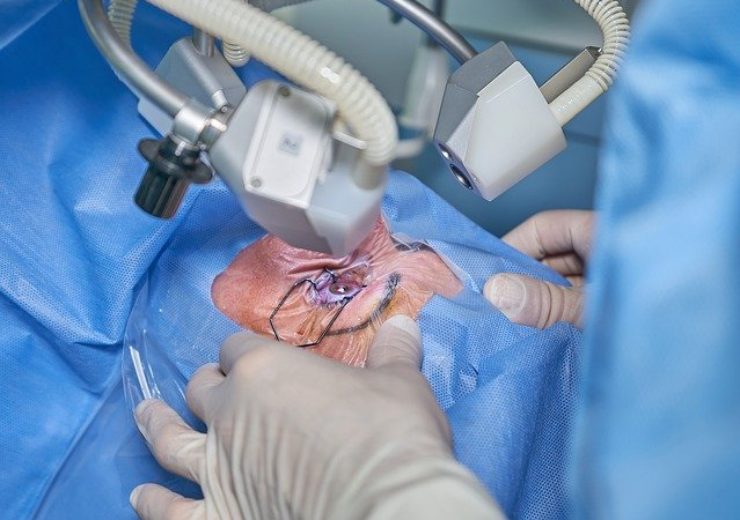The Tsert-SI delivery system includes a pre-loaded telescope implant injector, which reduces the incision size by nearly half

The CentraSight treatment programme includes the implantable miniature telescope. (Credit: Pixabay/Paul Diaconu)
VisionCare, a specialty medical device company, has received a Conformité Européene (CE) Mark approval for its Tsert-SI delivery system for the CentraSight treatment programme.
The company is engaged in developing advanced visual prosthetic devices for the treatment of age-related macular degeneration (AMD). The CentraSight treatment programme includes the implantable miniature telescope (by Dr. Isaac Lipshitz).
The Tsert-SI delivery system includes a pre-loaded telescope implant injector, which reduces the incision size by nearly half.
The foldable haptics in telescope implant would allow it to fit in the injector and facilitates the delivery through a smaller 6.5mm incision.
VisionCare CEO Wolfgang Tolle said: “We are excited that our years long effort to develop the Tsert-SI delivery system will allow ophthalmologists in the European Economic Area to offer the telescope implant and CentraSight treatment program to their patients with the goal of an enhanced patient experience.
“We look forward to coordinating a meeting with the U.S. Food and Drug Administration to determine the timeline and pathway to bring this technology to United States health care providers.”
Tsert-SI delivery system includes a pre-loaded telescope implant injector that reduces incision size
The out-patient surgery procedure using the injector system includes removal of a patient’s cataract and implantation of the implantable miniature telescope in one eye.
During the development, the injector system was found to reduce the procedural time from around 60 minutes to approximately 25 minutes.
The telescope implant is part of the CentraSight treatment programme, which is intended for people aged 65 years and older, diagnosed with end-stage, age-related macular degeneration, for whom common treatments including glasses, vitamins, drugs or cataract surgery could not improve vision.
The telescope implant is not indicated for patients with previous intraocular or corneal surgery of any kind in the operative eye, including cataract surgery.
University of California Gavin Herbert eye institute ophthalmology associate professor Sumit Garg said: “The Tsert-SI delivery system will allow surgeons to more quickly and more easily insert the telescope implant, which is demonstrated to restore vision and improve quality of life in people living with severe, blinding forms of macular degeneration.
“With a smaller incision size, the surgery will be more straightforward, and patients will have a faster visual recovery.”
